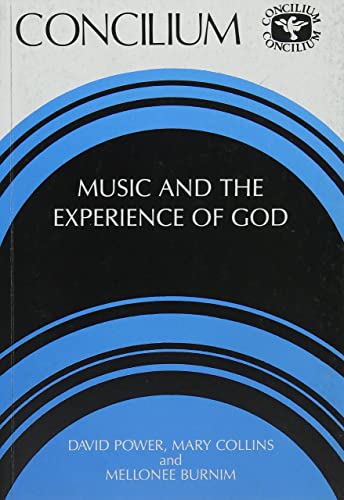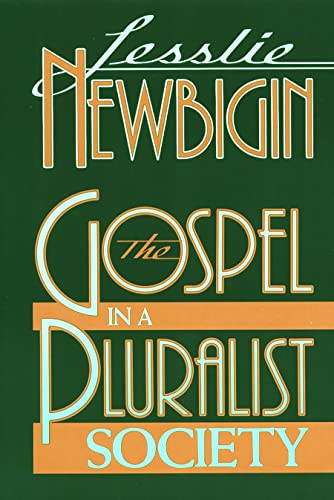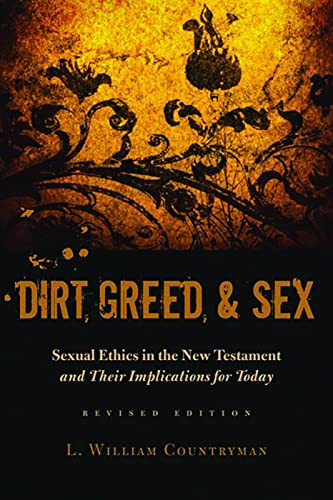Paul and Jesus: Collected Essays
Written by A.J.M. Wedderburn (ed.) Reviewed By David WenhamThe question of Paul’s relationship to Jesus is important and controversial. Paul speaks of himself as a slave of Jesus Christ, and it is clear that the death, resurrection and exaltation of Jesus are very important to him. But what about Jesus’ life and teaching? Remarkably Paul refers very little to what Jesus did and said in his Palestinian ministry. Was he not very interested in the ministry? Did he presuppose that the readers of his letters knew the stories of Jesus? Or what?
Many scholars have tried to answer these questions over the years. Among books at present in print, J.W. Fraser’s Jesus and Paul (Marcham Manor Press, 1974) is still as useful a discussion as any, and argues for close links between Jesus and Paul. In the collection of essays From Jesus to Paul: Studies in Honour of Francis Wright Beare (eds. P. Richardson and J.C. Hurd, Waterloo: Wilfrid Laurier University Press, 1984) there are some useful contributions, notably by Charles Scobie who argues that the Gentile mission which was so important for Paul had its roots in Jesus’ ministry (contrary to the view of many critics; Scobie unnecessarily doubts the authenticity of Mt. 10:5–6) and by Larry Hurtado who examines the so-called Christ-hymn of Philippians 2:5–11 and argues that Paul here has in mind not just the humiliation of Jesus’ death, but also the humility of his ministry and probably the ‘servant’ traditions we find in the gospels (e.g. Mk. 10:45; Jn. 13). An article by W. Klassen finds striking similarities between the way Jesus treated women as people and Paul’s attitude, but he—quite unnecessarily—sees the pastoral epistles as quite different and non-Pauline.
Wedderburn’s book is also collected essays. The editor, who is now at the University of Durham, has brought together six seminar papers given at the Society for New Testament Studies, all of which have been published before (though not all in English); he has also included in the collection the well-known survey article by Victor Furnish, ‘The Jesus-Paul Debate: from Baur to Bultmann’, and has provided his own introduction and postcript to the volume.
The result is a particularly interesting and useful volume, though of a demanding academic standard, not recommended for beginners. Two articles are by Christian Wolf: the first is an exegetical study of 2 Corinthians 5:14ff.: some scholars have argued that Paul speaks of his lack of interest in the earthly Jesus in 2 Corinthians 5:16; Wolf demolishes this view and says ‘Paul is here emphasizing that through his call all his former standards are destroyed, those by which he judged and condemned what he heard of Jesus’ death and being raised from the dead; the death of the crucified one under a curse and his resurrection were now disclosed to the apostle as God’s work, reconciling and bestowing new life’ (pp. 97, 98). Wolf’s second article shows the similarity of Jesus’ and Paul’s approach to (a) poverty and homelessness, (b) renunciation of marriage, (c) service, (d) persecution; Paul is a true follower of Jesus.
Wedderburn’s own three essays are also of considerable value: in the first he explores the significant parallelism between Jesus’ teaching on the kingdom and Paul’s on justification, and speculates that Paul used justification righteousness terminology rather than kingdom terminology, on the one hand, because some of those he opposed were misusing ‘kingdom’ language in a triumphalistic way (1 Cor. 4:8—Wedderburn thinks that one of the explanations of Paul’s reticence about using the words of Jesus was because his opponents, including his Judaizing opponents, were fond of using Jesus’ words against him); on the other hand, it may have been because his opponents accused him of preaching an ‘unrighteous’ gospel. In his second article Wedderburn helpfully compares Jesus’ openness to sinners with Paul’s openness to Gentiles. He suggests that Paul was influenced in this by the Hellenistic Christians of Jerusalem such as Stephen, who took a liberal line toward Gentiles before Paul. Wedderburn is surely right in arguing that Paul’s interest in Gentile mission goes right back to the time of his conversion, and in criticizing Francis Watson’s view that Paul turned to Gentile ministry after a period of frustrated ministry to Jews. But, although there is very probably a link between the thinking of the Hellenists of Jerusalem and the theology of Paul, Wedderburn’s view of a significant pro-Gentile movement in Jerusalem that was offensive to Pharisaic Jews and antedated Paul’s conversion is difficult to substantiate. Wedderburn’s final article is quite a difficult discussion of the ways in which the history of Jesus was important for Paul’s faith.
Perhaps the most disappointing thing about this book is its almost unrelieved pessimism about demonstrating that Paul knew traditions of Jesus’ teaching and ministry; the question is addressed in an article by Nicholas Walter, and Wedderburn as editor endorses Walter’s opinion that ‘the amount which we can say with confidence that he knew is small indeed’ (p. 191). The present reviewer came to much more optimistic conclusions in the Gospel Perspectives volumes 4 & 5, which fail to get into Wedderburn’s bibliography. But, if that is disappointing, Wedderburn’s belief in the importance of showing continuity between Jesus and Paul is welcome: ‘While the Spirit of Jesus may lead it [Christian theology] into new apprehension of truth, the Spirit which leads it must remain that of Jesus. Continuity with him remains the touchstone by which all past statements of Christian theology, including Paul’s, must be judged, and is the challenge confronting all present affirmations of Christian faith and its practice.’
David Wenham
Wycliffe Hall







